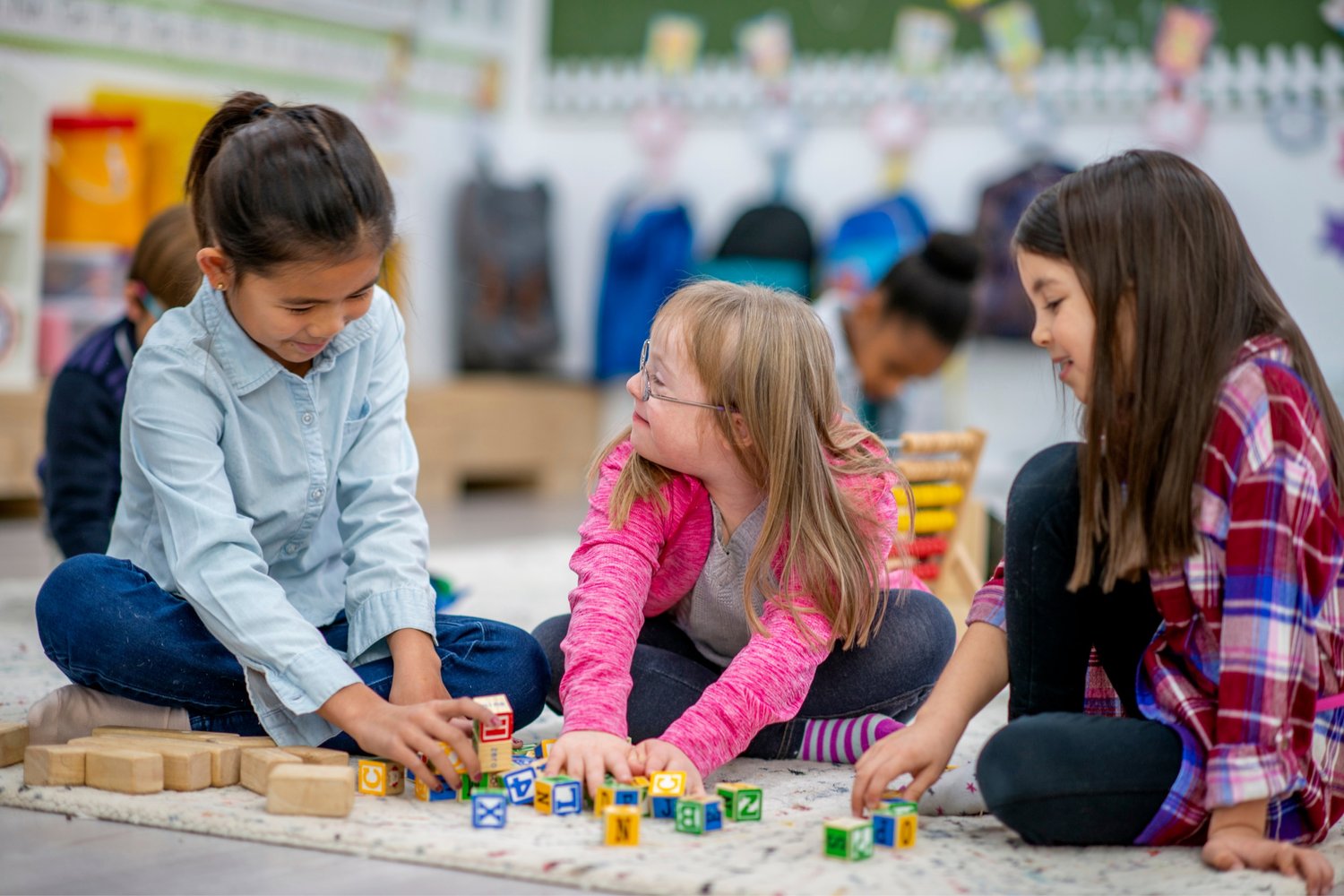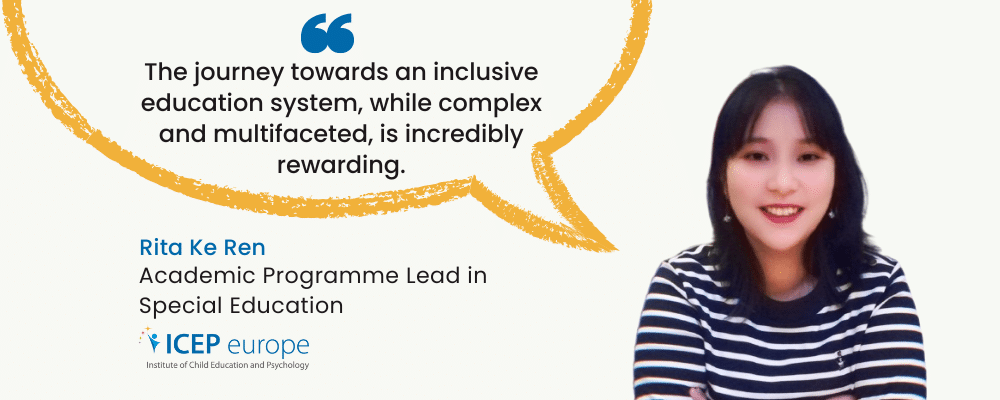As educators and professionals, we are inspired every day to find new ways to make education more inclusive, more engaging and more effective for every learner. Recently, I had the opportunity to explore the Nation Council for Special Education (NCSE)’s ground-breaking report titled ‘An Inclusive Education for an Inclusive Society’. This comprehensive policy advice paper examines the current state and future trajectory of inclusive education, outlining a transformative vision for an education system where every learner, regardless of their abilities or learning needs, is not just accommodated but truly belongs.
The report’s call for a “progressive realisation of an inclusive education system” resonates with my understanding of what true inclusivity should entail – a continuous process that is always evolving, never complete. This is a personal conviction, shaped not just through my roles as an educator, a researcher and an academic, but as a lifelong learner who is constantly seeking to better understand and serve the diverse learning profiles of individuals in the 21st century. It is with a sense of anticipation and responsibility that I approach the report’s key recommendations.
Central to these recommendations is the adoption of a progressive and holistic approach: the integration of psychological, therapeutic, and behavioural supports within the educational framework; a focus on extensive professional development for teachers; and the implementation of comprehensive frameworks for student placement, provision and ongoing assessment. It underlines the critical role of providing school communities with comprehensive guidance and assure that every student can access a curriculum and assessment programs that cater to their individual needs. Additionally, the report pushes us to think beyond the borders, urging international collaboration to advance inclusive education reforms within the Irish education system.

What particularly struck me the most about the NCSE’s report is its emphasis on a “shared social commitment” in enacting these essential recommendations. This approach goes beyond the individual efforts of educators and advocates for a collective approach to inclusivity. It is about building a community where every member, from families to policymakers, contributes to creating an inclusive environment. Crucially, this includes not only supporting children, young people and adults with special educational needs but also providing robust supports for the parents, teachers and other professionals who are integral to their development and success. Recognising and addressing the needs of these people – whether it is through providing resources, emotional support or professional development is vital in creating an ecosystem where everyone involved can thrive.
However, this vision of shared responsibility brings into sharp focus the real challenges we face within the current Irish education system. Specifically, issues such as the lack of funding and resources in schools, varying level of teacher training in inclusive education and special needs education, and inconsistency in policy implementation marks the complex terrain we navigate. These systemic challenges and shortfalls, along with broader societal factors like socio-economic disparities, contrast our aspirations with the current realities. It is a gap that is keenly felt by students, teachers and families alike, highlighting the distance we need to travel towards a fully inclusive education system.
Nonetheless, the journey towards an inclusive education system, while complex and multifaceted, is incredibly rewarding. Embracing the concept of “shared social commitment” opens up vast opportunities for learning and growth. As I reflect on these calls, I see a clear alignment with the ethos at ICEP Europe. Our commitment to research, learning and teaching in the field of education and psychology position us to contribute significantly to this transformative journey. This journey, demanding patience and collaborative effort, is one that promises a more inclusive, understanding and empathetic society for all.




